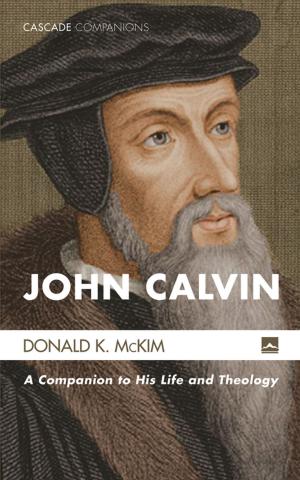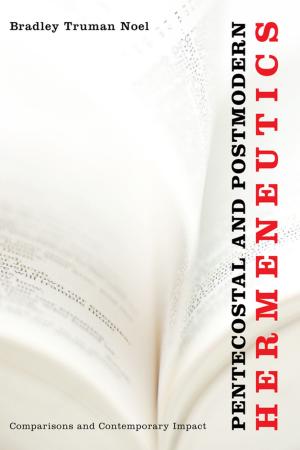Illusions of Freedom
Thomas Merton and Jacques Ellul on Technology and the Human Condition
Nonfiction, Religion & Spirituality, Philosophy| Author: | Jeffrey M. Shaw | ISBN: | 9781630871871 |
| Publisher: | Wipf and Stock Publishers | Publication: | June 2, 2014 |
| Imprint: | Pickwick Publications | Language: | English |
| Author: | Jeffrey M. Shaw |
| ISBN: | 9781630871871 |
| Publisher: | Wipf and Stock Publishers |
| Publication: | June 2, 2014 |
| Imprint: | Pickwick Publications |
| Language: | English |
Illusions of Freedom examines the opinions and ideas of two twentieth-century writers--Thomas Merton, a Catholic monk living in the United States, and Jacques Ellul, a French Protestant. Contemporaries, they never met or corresponded with each other, but their critique of the influence that technology was beginning to have on the human condition is strikingly similar. Both Merton and Ellul drew upon the ideas of others in formulating their worldview, to include Karl Barth, Soren Kierkegaard, Aldous Huxley, and Karl Marx. Jeffrey Shaw examines the influence that these other philosophers had on Merton and Ellul as they formulated their own ideas on technology's impact on freedom. Tracing the similarities, and in some cases the differences, between their critiques of technology and the idea that progress is always to be seen as something inherently good, one finds that they bring a unique perspective to the debate and offer readers an alternative avenue for reflecting on the meaning of technology and its impact on our lives in the twenty-first century.
Illusions of Freedom examines the opinions and ideas of two twentieth-century writers--Thomas Merton, a Catholic monk living in the United States, and Jacques Ellul, a French Protestant. Contemporaries, they never met or corresponded with each other, but their critique of the influence that technology was beginning to have on the human condition is strikingly similar. Both Merton and Ellul drew upon the ideas of others in formulating their worldview, to include Karl Barth, Soren Kierkegaard, Aldous Huxley, and Karl Marx. Jeffrey Shaw examines the influence that these other philosophers had on Merton and Ellul as they formulated their own ideas on technology's impact on freedom. Tracing the similarities, and in some cases the differences, between their critiques of technology and the idea that progress is always to be seen as something inherently good, one finds that they bring a unique perspective to the debate and offer readers an alternative avenue for reflecting on the meaning of technology and its impact on our lives in the twenty-first century.















